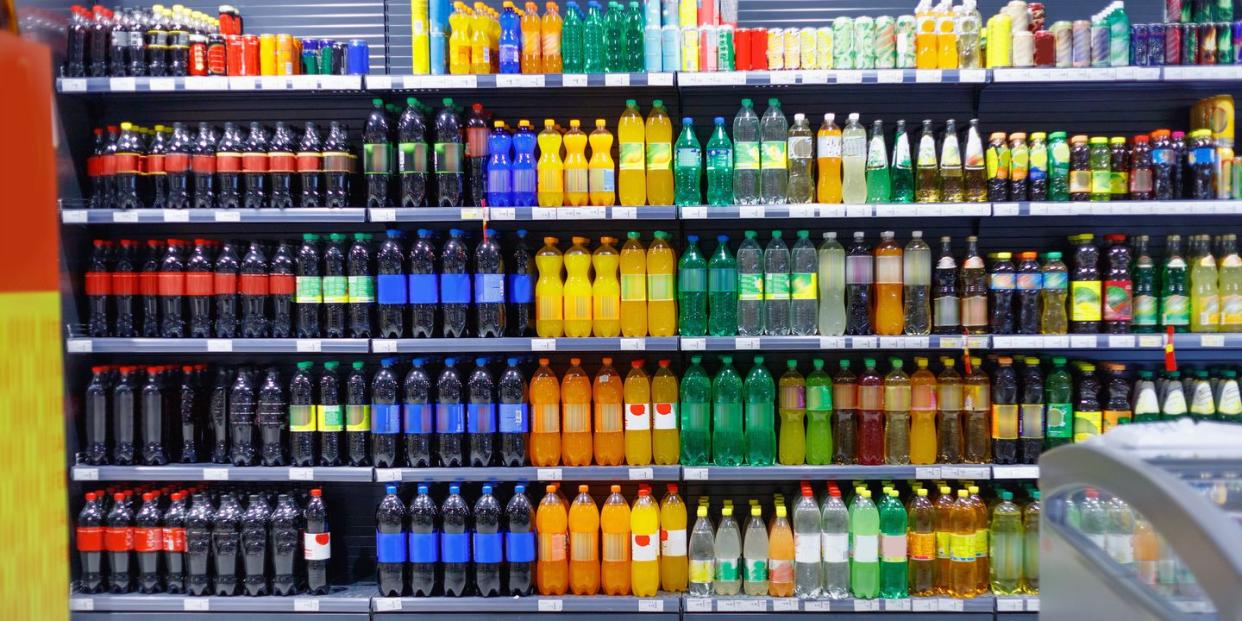Sugar tax halves children's soft drink sugar intake in one year, study reveals

A critical study has revealed that the amount of sugar consumed by children from soft drinks in the UK was halved within a year of the introduction of the sugar tax. The tax, which was implemented in April 2018, has been so effective in improving the nation’s dietary habits that experts are now advocating for its expansion to other high-sugar foods and drinks.
The research, published in the Journal of Epidemiology and Community Health, analysed responses from 7,999 adults and 7,656 children collected between 2008 and 2019 through the UK National Diet and Nutrition Survey. It found that children’s daily sugar intake fell by approximately 4.8 grams, while adults saw a reduction of 10.9 grams in the year following the soft drink levy’s implementation.
At the beginning of the study, children’s total daily dietary free sugar intake was about 70 grams, which decreased to 45 grams. For adults, the intake dropped from around 60 grams to 45 grams per day. Despite these improvements, sugar consumption among both groups remains above recommended guidelines, contributing to health issues such as tooth decay, obesity, and diabetes.
While it’s already been widely reported that the levy led to a reduction in the sugar content in many fizzy drinks, plus a reduction in households purchasing sugary drinks, this new study shows that even though energy intake from free sugars has been falling, levels still remain higher than the 5 per cent recommendation set by the WHO (World Health Organisation).
Dr Nina Rogers, lead author of the study and part of the University of Cambridge School of Clinical Medicine, told the guardian that the results were encouraging. ‘The findings of our study are encouraging and show that the UK soft drinks industry levy is linked to a significant reduction in daily sugar intake in adults and children,’ she said.
‘These results are consistent with previous research which show a reduction in household purchasing of sugar from soft drinks one year after adoption of the levy.’
Dr Rogers suggested that the new UK government might consider extending the tax to other high-sugar drinks and even to some foods. She also proposed restructuring the tax to apply a per gram of sugar/100mls model rather than a threshold-based levy.
As the new government considers future health strategies, the success of the sugar tax offers a pretty compelling blueprint for further interventions aimed at reducing sugar consumption, and improving the nation’s health.
Cut through the noise and get practical, expert advice, home workouts, easy nutrition and more direct to your inbox. Sign up to the WOMEN'S HEALTH NEWSLETTER
Read next
Can you drink coffee while fasting? Here’s what dietitians say
The egg diet is going viral, but it isn’t the health fix you might think it is
‘I quit drinking coffee over a year ago - this is why it's the best decision I've ever made’
You Might Also Like


